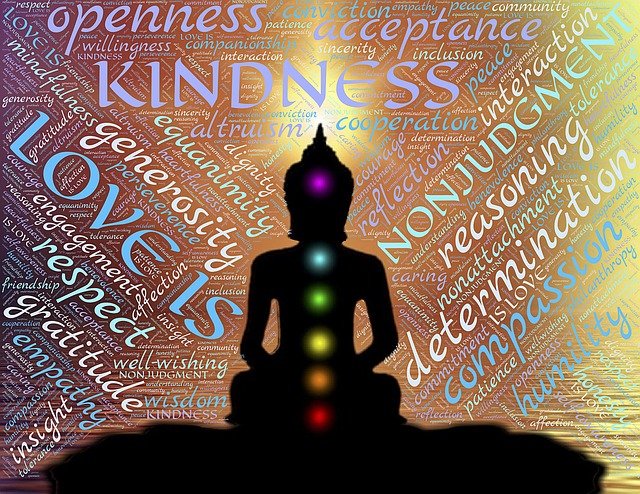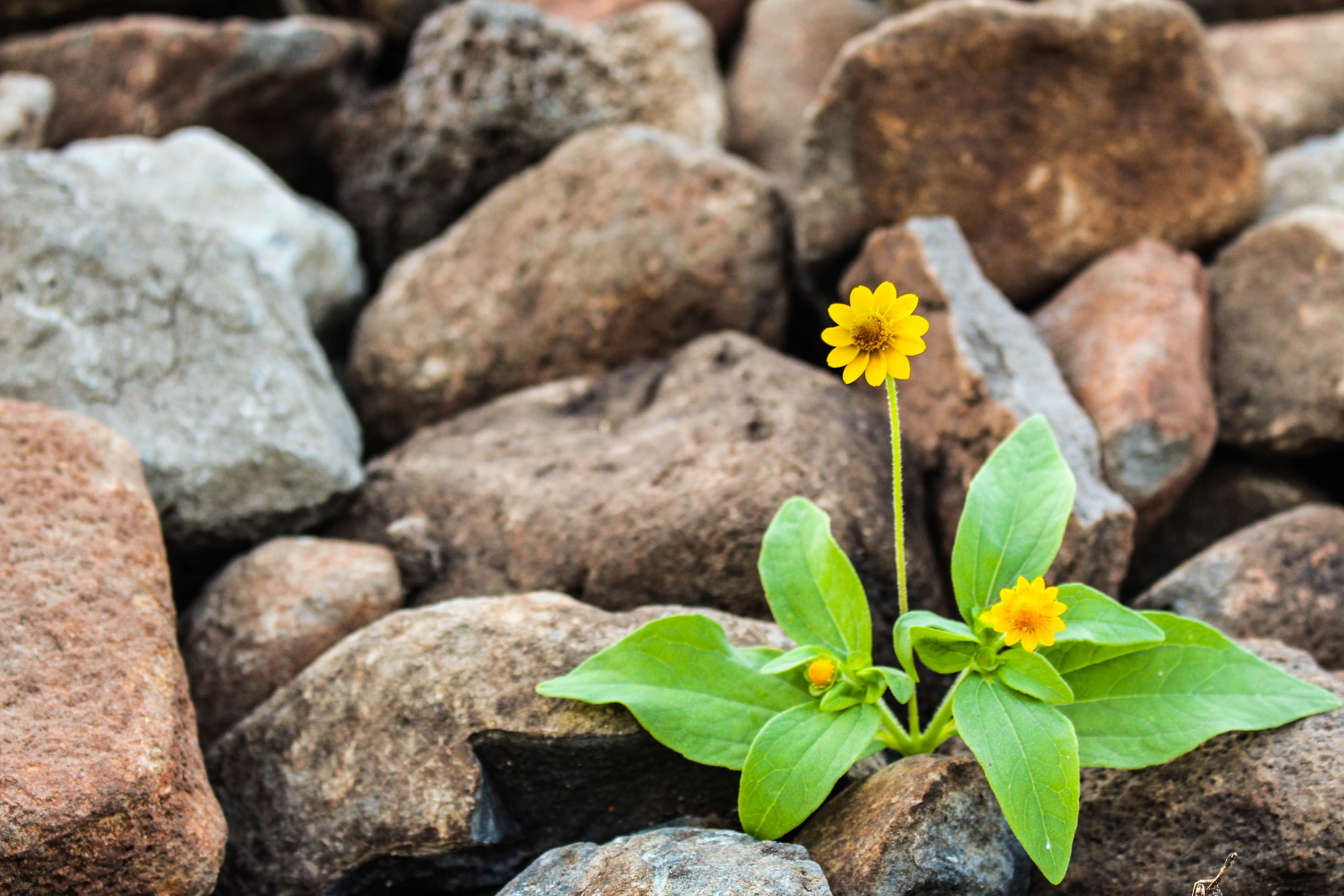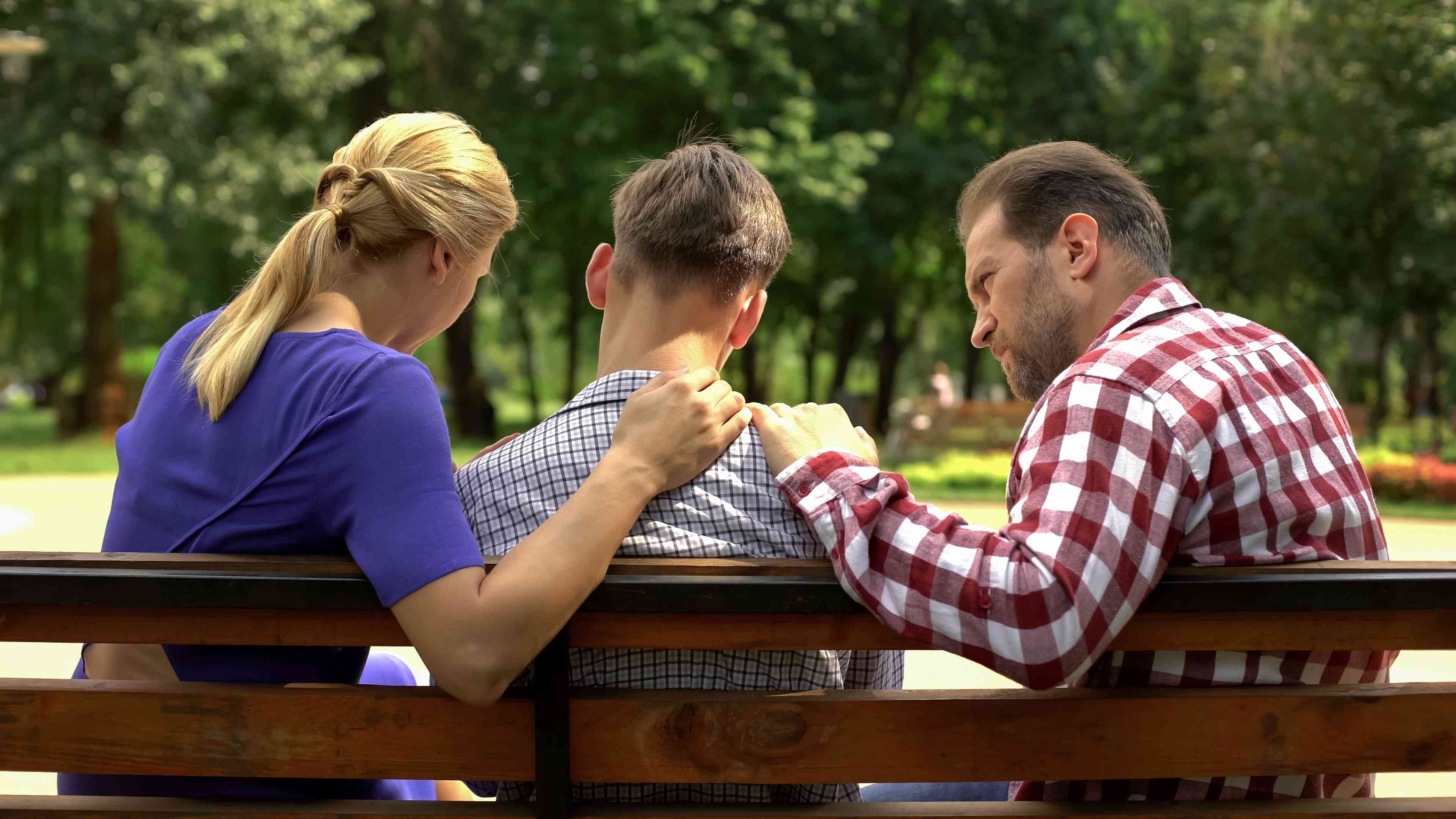As the holidays approach every year; we see articles about grief, stress, holidays after divorce, etc, etc. These are an important part of affirming what some folks are experiencing and, hopefully, to help them not feel alone in what they are going through.
I would also like to affirm other experiences, even for those going through the above difficulties. Having read many things after my own significant loss; one thing stuck in my mind. Many people will not experience the profound grief predicted at the holidays, or days that mark special events. No, they will be fine. It will be other times of the year when, unexpected, that sneaky specter of loss will appear. I cannot precisely tell you why this is. However, I know that for myself and some of my clients; this is the truth.
Because of this possible twist on what we are sometimes told to expect, I want to take the opportunity to encourage the practice of Mindfulness. If you are new in the loss experience, Mindfulness may help you approach significant days without dread. Rather than assuming that you will struggle horribly during the holidays, stay grounded in the present moment, as things unfold. Be aware of what your thoughts are, your feelings, and how your body feels — all in the here and now. Allow yourself to be curious about how those three aspects of your being connect. Notice the thoughts and feelings that are not difficult, as well as the ones that hurt. You are practicing acceptance of the whole range of your experience. Dr. Dan Siegel, an internationally known expert in Mindfulness, tells us to use the acronym C.O.A.L as we work on Mindfulness. C: Curiosity, O: Openness, A: Acceptance and L: Love. This approach is meant to remind us to not judge our thoughts, our feelings or our conflicts. We should work on being curious about how the experiences we are having fit, where they come from. Being open to what we are experiencing helps us in many ways. Sometimes we simply become aware of the variety of experience we have regarding the same thing. This may help us to see options in how to respond, both inwardly and outwardly. Love is an important intention, to hold toward yourself and others.
So, how does one do this Mindfulness thing? It is often helpful to seek some guidance from another, hopefully someone with some training in the process. You might also seek out a group in the community that is connecting around the experience of Mindfulness. Or, you may decide to read up on it and work it through on your own. Dr. Siegel’s book The Mindful Brain is a good place to start. Google will provide you with more than you ever wanted to know about the subject.
Mindfulness takes many forms. Sometimes it is the actual exercise of intentionally seeking the present. Here is a very basic example of one way to do that. Using breathing techniques as a focus, grounding yourself in the sounds, feel, smells of wherever you are — help you to be here and now. Continuing the breathing and the grounding in an intentional way; you can begin to ask yourself questions. 1. What do I notice about my body and how it is feeling? Then take the time to scan from head to toe. Notice tension, any body sensation. Be curious about what that may indicate. 2. What do I notice about my thoughts? What things are on your mind as you focus on the here and now. They may be thoughts about past or future, but try to experience them in the context of now. Be curious about why these are popping up. 3. What do I notice about my emotions? Accept whatever they are and don’t judge yourself for them. Notice any experiences of feeling opposite emotions about the same thing; which by the way, is okay. Allow yourself to feel what you feel without trying to avoid it, even if it is difficult. Continue your breathing and grounding throughout the whole event to keep you present. After the three questions, you might want to focus on how the body sensations may connect with the thoughts and feelings. When you are ready, very gently bring yourself back.
While too in-depth to cover here, Walking Mindfulness, the use of music, and other “helps” are ways to include Mindfulness practices in your day. Aside from that, you can take a moment throughout the day’s schedule to take a deep breath and try to focus on such things as the food you are eating (slow down, taste it, enjoy it), the music of a choir, the laughter of children, or what the person who is talking to you is saying. Yes, that’s right — much of the time in conversation we drift off to formulating what we want to say back, rather than being present with what is being shared.
You must practice mindfulness. It is not a “magic bullet”. The possible rewards are self-compassion, insight, empathy, better problem solving and engaging more of your brain – just to name a few of the benefits that have been scientifically verified.
And to those who are in a season of loss – those effects are obviously beneficial. However, you can also begin to approach your experience without fear or the desire to avoid. You may be surprised at the results. If the holidays are particularly difficult for you, or if you are in the group who are okay with them, but experience the sneak attack of grief when not prepared; the practice of Mindfulness is a help to cope with both processes.
Submitted by Becki Porter-Harmon, BCC MA
Becki provides individual, couple and family counseling in Annandale, Herndon and Mclean. She has seen the benefit of using Mindfulness in her work with clients; and has pursued professional training in this area.
For more information or to schedule an appt, Call: 571-215-3594 or visit: vacounseling.org.
Request an Appointment
Individiual, Couples, Pre-Marital, Family,
Children's Counseling and Clergy Assessement
Was It Helpful To You?










